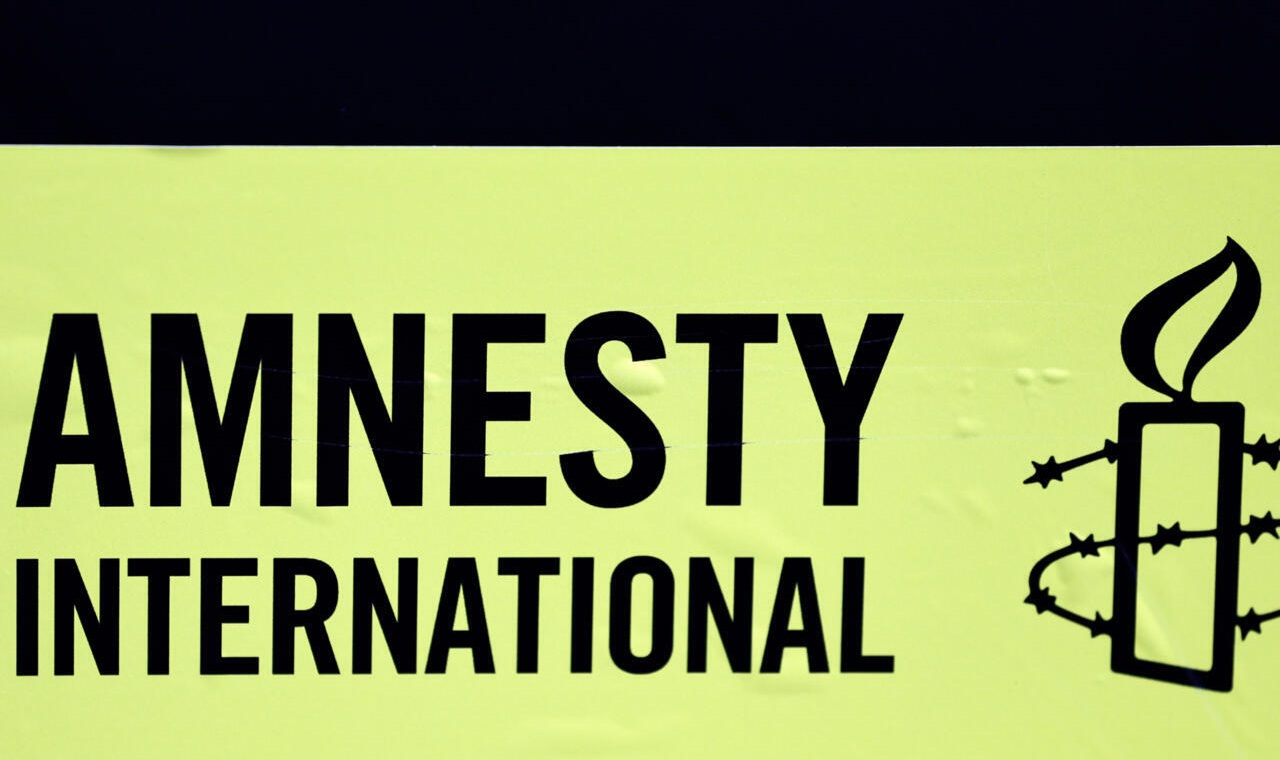Amnesty International has accused Iran of firing cluster munitions into populated areas of Israel during the brief but intense conflict between the two countries last month, describing the attacks as violations of international humanitarian law that endangered civilians.
In a report released Thursday, the human rights organization said its investigation supports earlier findings by Israel’s Home Front Command.
It claimed that Iran launched at least one cluster munition at central Israel during the hostilities.
Iran was also suspected of using similar weapons in a strike targeting Beersheba in southern Israel.
According to Amnesty, Iranian forces launched ballistic missiles carrying warheads packed with submunitions into residential areas.
“Last month, the Iranian forces fired ballistic missiles whose warheads contained submunitions into populated residential areas of Israel,” the group said, based on new research and analysis.
The organization emphasized that the use of inherently indiscriminate weapons such as cluster bombs is banned under international law and that attacks endangering civilians could constitute war crimes.
Cluster munitions are designed to disperse dozens or even hundreds of smaller explosive bomblets across a wide area.
While some explode on impact, others can remain dormant, posing long-term risks, especially to children.
Amnesty’s senior director, Erika Guevara Rosas, stated, “By using such weapons in or near populated residential areas, Iranian forces endangered civilian lives.
Their deliberate use of inherently indiscriminate weapons is a blatant violation of international humanitarian law.”
Neither Iran nor Israel is a signatory to the 2008 Convention on Cluster Munitions, an international treaty that prohibits the use, production, transfer, and stockpiling of such weapons.
Israel has previously employed cluster munitions, most notably during its 2006 conflict with Hezbollah in Lebanon.
While it pledged afterward to restrict their use, the weapons remain in its arsenal.
The 12-day war between Iran and Israel erupted in mid-June when Israeli forces launched a coordinated offensive.
It targeted key Iranian military leaders, nuclear scientists, and sites associated with uranium enrichment and ballistic missile development.
Israel framed the attacks as preemptive, aimed at thwarting what it described as Tehran’s accelerating efforts to acquire nuclear weapons and fulfill its threats to destroy the Jewish state.
Iran has repeatedly denied pursuing nuclear arms but has enriched uranium to levels with no clear civilian application, refused access to international inspectors, and continued to expand its missile capabilities.
Israeli intelligence claimed that Iran had taken concrete steps toward weaponization, prompting the June assault.
In retaliation, Iran launched an unprecedented barrage of over 500 ballistic missiles and more than 1,100 drones toward Israeli territory.
The attacks killed 29 people and injured more than 3,000 others, according to Israeli health officials.
A total of 36 missile impacts and one drone strike were recorded in populated areas, damaging more than 2,300 homes across 240 buildings.
Two universities, a hospital, and other civilian infrastructure were also hit, leaving over 13,000 people displaced.
Iranian authorities reported more than 1,000 deaths on their side during the conflict.
Amnesty International said it reviewed photographic and video evidence showing fragments of cluster munitions that allegedly struck a home in Azor, near Tel Aviv, on June 19.
The group said similar evidence indicated strikes on Beersheba on June 20 and Rishon LeZion on June 22.
All of these featuring impact craters consistent with the deployment of submunitions like those observed in the Tel Aviv district.
Amnesty has often drawn criticism for its previous reports on Israel, including accusations of bias.
On the other hand, the organization has also turned its attention toward Israeli actions during the same war.
Just two days before Thursday’s report, Amnesty called for a war crimes investigation into Israel’s airstrike on Tehran’s Evin prison.
That attack, confirmed by the Israeli military, reportedly killed 79 people, according to preliminary Iranian figures.
The group labeled the prison strike “a serious violation of international humanitarian law” and called for it to be criminally investigated as a war crime.
Israel defended the strike, with IDF Spokesperson Brig. Gen. Effie Defrin stating that Evin prison was a hub of “intelligence activity” against Israel, including espionage efforts, and that the strike was “pinpoint” to avoid civilian casualties.
Amnesty has previously accused Israel of committing genocide in Gaza, a claim Israel has strongly denied.
Amnesty’s Israeli branch publicly opposed that report and was later suspended by the organization, further fueling internal and external controversy.
Despite the ongoing political and legal battles, Amnesty’s latest findings shed light on the devastating potential of modern warfare and the dangers posed to civilians when advanced weaponry.
These dangers are such as cluster munitions, is used in densely populated regions.







